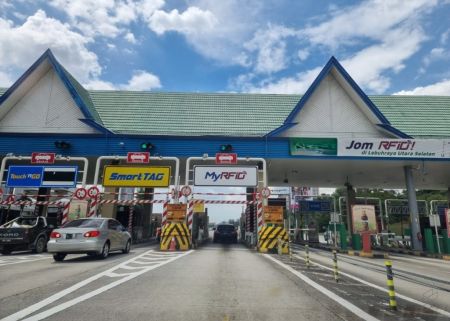Waiting Time and Delays in Transport: The Hidden Cost of Standing Still

A truck on the highway or a bus on its route is doing what it was built to do, move. The moment that movement stops, costs begin to creep in. Engines burn diesel while idling, drivers remain on the clock, and schedules slip. For buses, air conditioning continues running in traffic to keep passengers comfortable, adding to fuel use.
For trucks, idling often means refrigeration must keep running or engines stay ready in queues. At ports, loading and unloading delays tie up vehicles for hours.
Delays also accelerate wear. Engines that idle too long suffer carbon build-up. Stop-and-go driving strains brakes, clutches and tyres. Air conditioning units work harder when vehicles are not moving. A vehicle may not be covering distance, but it is still ageing with every stalled minute.
Reliability suffers when waiting becomes routine. Hauliers face customers who expect deliveries on time. Bus operators face passengers who expect timetables to hold. Repeated delays erode trust, lead to missed revenue and push passengers to alternatives.
In Malaysia, the problem is well known. Trucks spend hours waiting at major ports before loading or unloading. City traffic at peak hours clogs roads beyond what fleet managers can plan for. Festive seasons increase volumes, while tropical downpours and floods create sudden bottlenecks.
The Association of Malaysian Hauliers (AMH) has highlighted the impact. “Congestion and waiting time at ports remain a key concern for hauliers. AMH is part of the Port Klang Haulier Traffic Dispersal Task Force to help manage traffic flow and reduce delays at the port,” the association said.
The greatest loss is often invisible. A truck held in a queue could have completed another delivery. A delayed bus disrupts passenger connections and lowers long-term ridership. These missed opportunities rarely appear in accounts but weigh heavily on margins.
Fleet monitoring systems help turn idle time into measurable data. Better coordination with customers shortens loading and unloading. Drivers who switch off engines during long waits reduce fuel use and extend engine life. Route planning based on live traffic avoids choke points.
AMH has also urged regulators to allow grace periods when introducing new rules. “When new regulations are introduced, we have consistently requested a grace period so operators can adjust without being penalised immediately. This ensures compliance while keeping logistics running smoothly,” the association said.